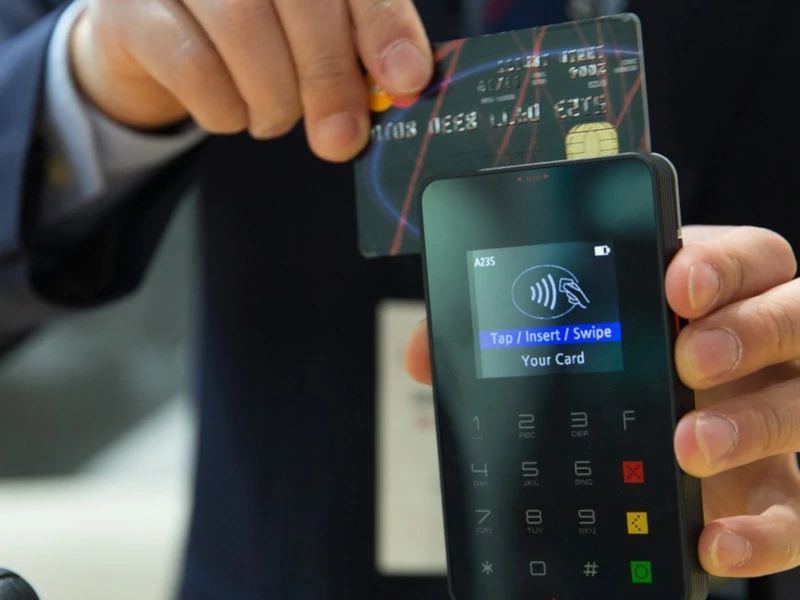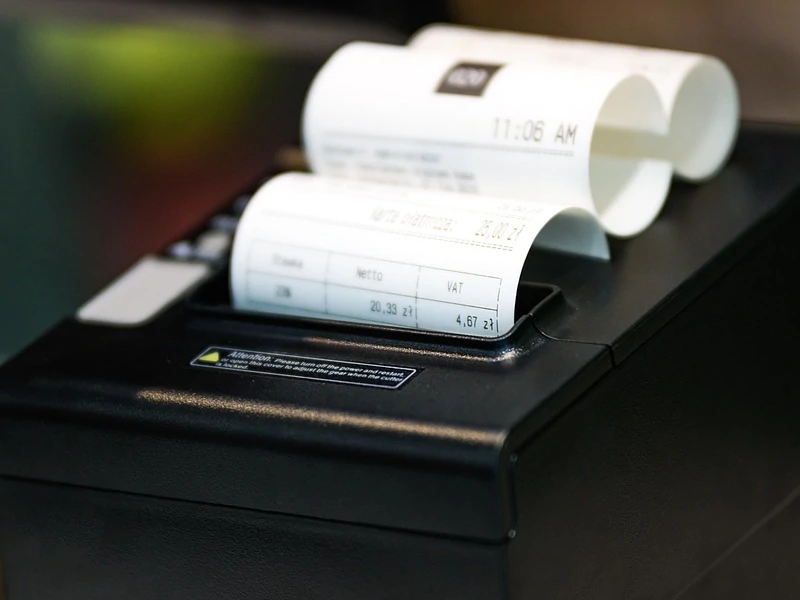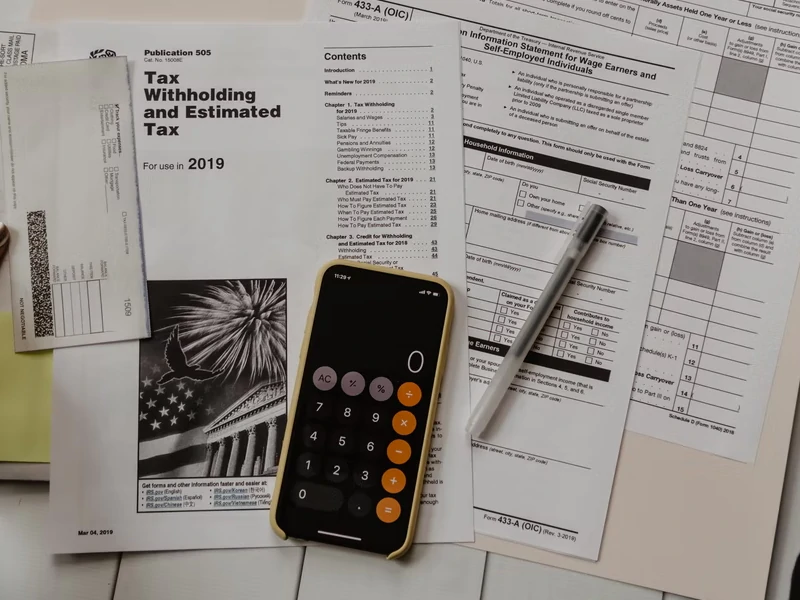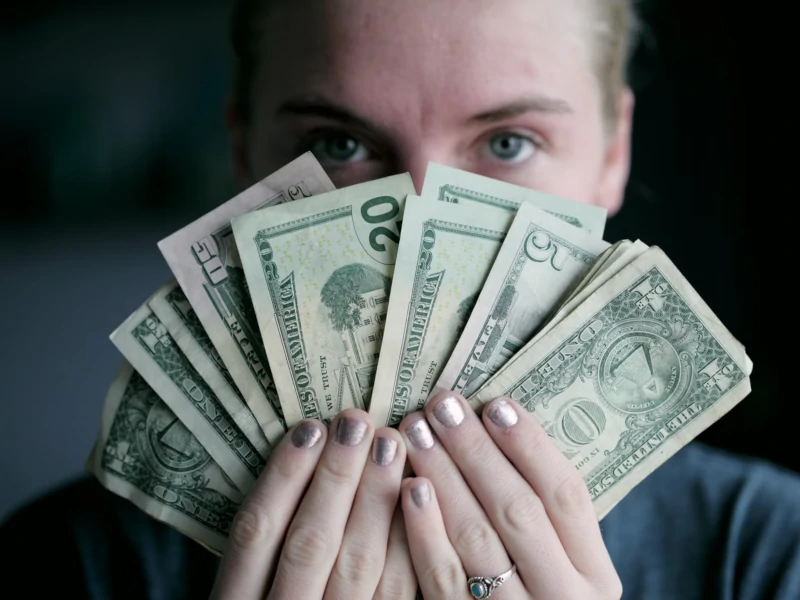Does Cash App Report Personal Accounts to IRS? (2022)
The current tax season is over, but if you’re a gig worker, freelancer, or self-employed American, it could be good to start thinking about next year’s taxes.
The IRS has issued a new regulation that requires all third-party payment applications to report company revenues of $600 or more to the IRS using a 1099-K form, beginning January 1, 2022.
This means any sales made through Cash App (formerly Square), PayPal, Venmo, or other third-party platform will result in a 1099-K form next year.
You must record it on your tax return and possibly pay self-employment tax.
Many people now wonder if contributions from friends and family will be taxed, and you also may have some queries.
Here’s all you need to know.
Cash App 2022 Tax Change: What You Should Know
It is often difficult to understand how Cash App’s tax reporting works. Don’t worry!
Here is the breakdown:
Taxed Transactions

Cash App money may be used for a variety of reasons, but only payments received for a service or items sold are taxable income.
For example, money is taxed if you rent your holiday property and are paid by Cash App.
You must also report any money from services like cleaning houses, catering, or other services exceeding $600 in a single party or $600 in cumulative payments.
The same goes for someone who makes money on eBay.
Remember, the IRS will receive this data starting this year.
New Cash App Tax Reporting for Payments of $600 or More
Previously, the IRS required payment cards and third-party networks to produce Form 1099-K to record certain payment transactions that satisfied the following reporting thresholds:
- More than 200 transactions have occurred in the current fiscal year.
- Gross payments over $20,000.
The new rule requires consumers to get Form 1099-K for payments of more than $600 in goods and services, with no minimum transaction required.
This change implies that more individuals will receive the 1099-K forms.
Non-Taxed Transactions
Certain types of peer-to-peer (P2P) payments, as well as other types of payments, are exempt from income tax, including:
- Cash received from a roommate or friend or relative to pay their share of the bills.
- Money received as a gift from a friend.
- Money received as repayment from a relative.
- Transactions for another company or individual using a shared credit card terminal.
Reporting Cash App Income
If you receive over $600 from cash applications in 2022, you will receive a 1099-K in 2023.
This income is usually reported on Schedule C with Form 1040.
However, the forms utilized depend on your company’s structure (For example, S-corporations and partnerships use Schedule E).
Keeping Records of Cash App Transactions

Make sure you keep detailed records of Cash App transactions.
For example: a buddy reimburses you $20 for part of a lunch.
How do you determine the taxable amount properly, if any?
To determine the taxable amount, you need reliable financial records showing which transactions are personal, non-taxable, and taxable.
As a result, you should create different cash applications for business and personal use.
Tax Reporting with Cash For Business
Cash App for Business accounts that accept more than $20,000 and more than 200 payments with Square in a calendar year will get a 1099-K form.
Cash App will issue a 1099-K and report to your state if a user’s taxpayer information is affiliated with Massachusetts, Vermont, Maryland, Washington D.C., or Virginia.
If a user’s taxpayer information is linked to Illinois, Cash App will force you to send a 1099-K and report to your state if you take more than $1,000 in more than three transactions.
If a user’s taxpayer information is linked to Missouri, Cash App will send a Form 1099-K if you processed $1,200 or more in a calendar year.
How to Update Cash App Tax Reporting Dashboard
You can use the Cash App Dashboard to change your business’s EIN or SSN to connect all tax reporting with the right information.
Note: This may only be altered from the Cash App Dashboard web URL (www.cash.app), not within the app.
Only Cash for Business users can change their tax information on cash.app/tax.
You will receive two 1099-K forms if you have Cash for Business and Square Point of Sale accounts linked to your SSN.
If you are still unsure, contact a tax professional or go to the IRS Form 1099-K Payment Card and Third Party Network Transactions website for more information.
Do I Have to File Cash App On My Taxes?

Starting January 1, 2022, if your Cash App Business account has gross sales of $600 or more in a tax year, Cash App must provide a Form 1099-K to the IRS.
Personal Cash App accounts are exempt from the new $600 reporting rule.
Note: Contact a tax expert or visit the IRS website for more information on taxes.
Do Personal Cash App Users Need to Submit 1099-K?
Form 1099-K is used to report goods and/or services sales using P2P payment platforms such as Cash App.
If you have a personal Cash App account, there is no need to worry about Form 1099-K.
The IRS is not notified of any personal transactions made using Cash App.
Only clients with a Business account will have their transactions reported to the IRS.
Continue reading to find out more.
What are B Notices for Cash App Business Account Tax Reporting?
If the TIN/name combination you submitted Cash App does not match IRS data, you will receive a First B Notice.
You must electronically submit a Form W-9 to Square before the due date specified in the letter you received.
Please fill out the form at cash.app/tax-information.
If Square does not receive and process a completed and signed Form W-9 by the required date, your Cash App account will lose its company status and be converted to an individual account.
When Will I Receive my Form 1099-K if I Have a Cash for Business Account?

If you accepted more than $20,000 in business payments in 2021, you were issued a Form 1099-K.
According to IRS regulations, forms 1099-K for the tax year 2021 must be accessible to Cash for Business clients by January 31, 2022.
A Form 1099-K will be issued if your company account gets more than $600 in payments in 2022.
According to IRS regulations, forms 1099-K for the tax year 2022 must be accessible to Cash for Business clients by January 31, 2023.
Are There Taxes if I Sell Bitcoin on Cash App?
Cash App will generate your Form 1099-B using the information from your Form W-9.
You must assess the tax implications of your Bitcoin transactions on Cash App. Remember that Cash App is not a tax advisor.
Read More: Cash App Police Contact. Can Cash App share your information with law enforcement? Under normal circumstances, no. Here are the exceptions.
FAQs
What Exactly is a Form 1099-K?
Form 1099-K “Payment Card and Third Party Network Transactions” is a variant of Form 1099 used in the United States to document payments received through reportable payment card transactions.
This form is also used for the settlement of third-party payment network transactions.
Will I Be Issued a Form 1099-K for Payments Made Using My Cash App?
No, not if you have a regular Cash App account.
Cash App will only file a Form 1099-K if your firm has $600 or more gross sales in the 2022 tax year and if you have upgraded to a Cash for Business account.
What Amount Does Cash App Report to IRS 2021?
The new rule, part of the 2021 American Rescue Plan, requires revenues of more than $600 sent through digital applications like Cash App, PayPal, or Venmo to be reported to the IRS.
Does Cash App, Paypal, Venmo and Other Third Party Network Users Have to Pay a New Tax?

No. The new tax does not modify the existing tax legislation, which is taxable or not for tax reporting purposes.
The 1099-K is an informative tax form that may include taxable income.
If you get money from a nontaxable source, you do not have to disclose it.
What Recent Modifications Have Been Made to Form 1099-K Reporting?
Payments for goods and services totaling $600 or more in a year must be reported on Form 1099-K starting January 1, 2022.
Personal Cash App accounts are exempt from the new $600 reporting rule.
Before January 1, 2022, the threshold for filing Form 1099-K was $20,000 and 200 business transactions per year.
It only applies to Cash for Business accounts and payments received in 2022 and beyond.
Does Cash App Send 1099 for Personal Accounts?
No, Cash App does not send Form 1099-K for payments made to personal Cash App accounts.
For example, receiving or sending money between friends and relatives to pay for dinner or give as a present is not a transaction requiring Form 1099-K reporting.
Does the Government Track Cash App?
Under President Joe Biden’s American Rescue Plan Act, a new rule will empower the IRS to scrutinize cash transactions over $600.
App payments, like cash payments, are difficult for the IRS to track.
As a result, applications like Cash App will now alert the IRS when transactions exceed $600.
Does Zelle Report to IRS?
A user’s transactions are not reported to the IRS by Zelle.
The Zelle Network is exempt from the law that requires some payment networks to furnish forms 1099K for information reporting.
Zelle does not record any Zelle Network transactions to the IRS, even if the amount exceeds $600.
However, if you receive taxable payments through the Zelle Network, you still must report them to the IRS.
